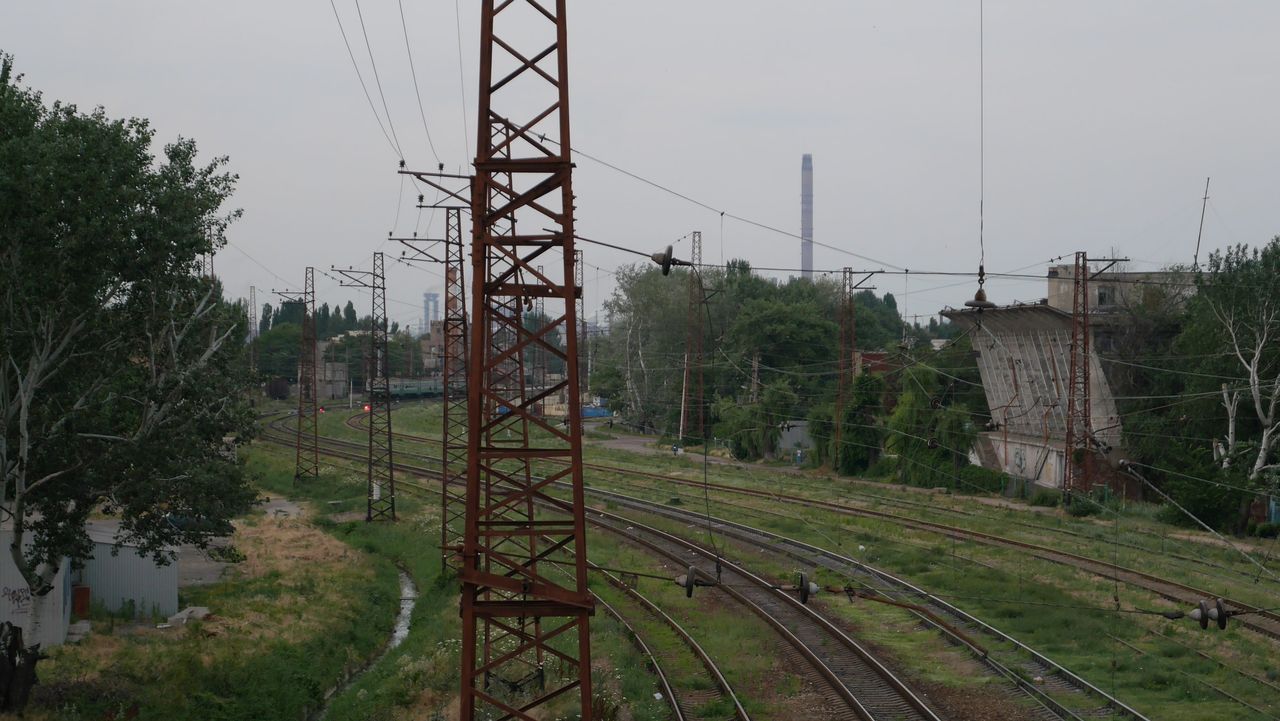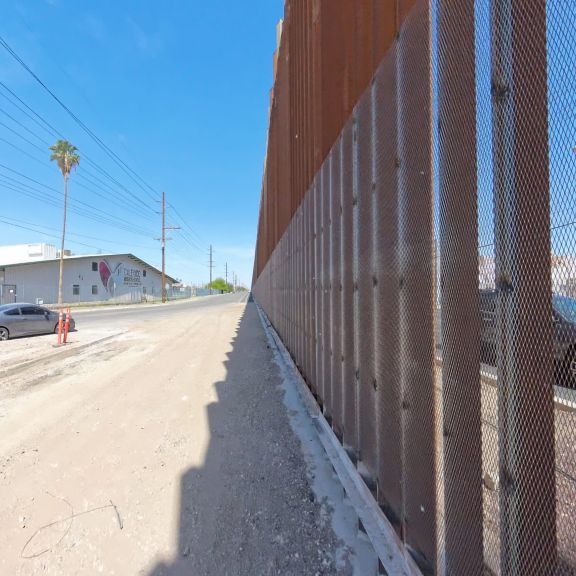
The Poles took care about the roads and railways in Ukraine, but it is not known how long it will last. Leszek Balcerowicz worked only for a year as a reform adviser to the President. However, there were some rumours that the former Interior Minister Bartlomiej Sienkiewicz thinks about working Ukraine.
When the Euromaidan political option won in Ukraine in 2014 and the new authorities emerged – with the President Petro Poroshenko elected in May 2014 – there were hopes and promises for quick and deep reforms. They were about to change Ukraine radically. Foreign experts were going to help the locals.
It was not strange. After the 2014 Revolution of Dignity many Ukrainians thought that only external experts would have been able to reform corrupt institutions. Many post-communist countries benefited from Western expert assistance after 1989. In Poland, they started working in the 90s, and they were called the “Marriott squads”.
President Petro Poroshenko guaranteed support for foreign experts.
Georgians and others
Natalie Ann Jaresko, born in USA, became a Minister for Finance in Arseniy Yatsenyuk’s government. In December 2014, Aivaras Abromavičius, a Lithuanian citizen became the Minister for Economy. Alexander “Sandro” Kvitashvili from Georgia became the Minister for Health.
The latter was only an announcement of the larger Georgian landing of advisers who appeared in Ukraine along with the former President Mikheil Saakashvili. Initially, they worked on development strategies for Ukraine in one of the Kiev’s hotels. However, they soon began to enter the Ukrainian authorities’ structures.
In May 2015, Saakashvili was appointed the Governor of Odessa Oblast. He was expected to become a role model for others, as he had to introduce reforms in one of the most difficult oblasts. Another group of Georgian reformers came with him to Odessa.
From the very beginning some experts believed that foreign advisors and officials would either be used as a “cover” for Ukrainian authorities or the old system would crush their enthusiasm.
Minister for Health Alexander Kvitashvili was the first one to resign. He wanted to leave the government already in summer 2015 due to the inability to carry out the reforms announced by him and the conflict with the Verkhovna Rada Committee for Public Health. He finally left the government along with the Minister for Finance Natalie Jaresko in spring 2016, during the conflict concerning the Prime Minister Yatsenyuk’s resignation.
Earlier, in February 2016, the Minister for Economy Aivaras Abromavičius resigned. He claimed that the pressure related to the reforms he wanted to introduce was put on him as well as the pressure related to his human resources policy.
Saakashvili decided to resign in November 2016. He was in conflict with Yatsenyuk and accused his people of undermining his reforms. Later he began to criticise President Poroshenko and his associates.
At the same time, other Georgian reformers still working for Ukrainian authorities, have resigned.
The one that remained was Gizo Uglawa. He is still the Deputy Head of the National Anticorruption Bureau of Ukraine. However, it is an independent institution under the special care of the US and the EU.
Ulana Suprun is an Acting Minister for Health. She is an American of Ukrainian origin.
The Poles – the last reformers?
Many Ukrainians began to say that there is no point counting on external staff and you must use your own experts as they have better knowledge of the local reality. However, some failures of foreign reformers do not mean that they have completely disappeared from Ukrainian institutions.
So, the Georgian reformers left, but the Poles arrived, although – compared to their predecessors – their possibilities are significantly limited.
At the beginning of 2016 an information appeared that Leszek Balcerowicz, a well-known Polish reformer, will join the Ukrainian government. In fact, he is only the co-chairman of the strategic group of advisers, and his influence on the Ukrainian government’ activities is limited. Balcerowicz was the head of the group of foreign and Ukrainian experts along with the former deputy Prime Minister of Slovakia Ivan Miklos. Unlike the Poles, Miklos is said to be more familiar with the Ukrainian conditions and the reality there.
Leszek Balcerowicz was also an adviser to the President of Ukraine. In turn, Miklos advised to the Prime Minister. Balcerowicz was optimistic about Ukrainian chances for changes for the better. Nevertheless, he quietly left in the spring of 2017 – he just did not extend his contract. The former Deputy Prime Minister of Slovakia continues to advise to Ukrainian authorities.
The main task of Balcerowicz and Miklos was to privatise large enterprises and let the foreign capital in. It would destroy existing corruption schemes and it would show western investors that Ukraine is safe and reliable.
Until now, neither privatization nor the large western capital has been noticed in Ukraine.
The most surprising nomination was the one of the former Minister for Transport of Poland, Slawomir Nowak. He became an Acting Chief of Ukrainian Transport Agency. It was widely commented in Poland and suspicious contacts with business representatives of the former Minister, and the case of his Swiss watch worth several thousand dollars were described.
Anyway, Ukrainian politicians were not impressed. According to the tax declarations, many of them have several watches worth tens of thousands of dollars.
Sławomir Nowak became a Ukrainian citizen, which is an official requirement when becoming a Ukrainian official. It is not known whether he gave back Polish passport. Dual citizenship is prohibited in Ukraine.
The former Polish Minister travels around the regions making inspections and plans.
Neither Balcerowicz nor Nowak evoked as much emotion as Wojciech Balczun – Polish manager with restructuring experience of PKP Cargo. He became the Head of the Ukrainian Railways, one of the largest transport companies in the Eurasian area. In terms of freight transport, only Chinese and Russian railways are bigger. Tracks, transport, real estates, industrial plants belonging to the Ukrainian Railways mean great deal of money. When it comes to Ukrainian reality, it means pathology.
Balczun promised not only to reform the railways, but also to fight corruption. He won the competition for the position of the Head of Ukrainian Railways, but soon it turned out that he has some enemies. His main critic is the Minister of Infrastructure, Volodymyr Omelyan. In fact, there is a real conflict between them. Omelyan accuses Balczun of the lack of visible results of reforms. What is more, he says that the Polish manager supports the old corruptive system. It is hard to judge who is right. Omelyan is a politician, but he was considered by many to be one of the true reformers.
Without a doubt, Ukrainian Railways are changing. Casual passengers can feel the difference. There is a better international service, including the one to Poland, but the domestic timetable is also being developed. The online sales system is improved as well as the passenger services. However, it is not the passenger transport that generates the most revenue.
Balczun boasts that the first four months of 2017 brought an income of 96.2 million hryvnas in Ukrainian Railways. Just to compare, the first four months of 2016 brought losses of 1.7 billion hryvnas.
Balczun’s contract ended in June. According to the management of Ukrainian Railways the contract was automatically extended as Balczun had not been dismissed. Minister Omleyan does not agree and expects Balczun to submit a report summarising the results of his work as the Head of the Railways. It should happen at the beginning of August. Omelyan counts on Balczun’s resignation, but rumour has it that he may remain in his position at least until the end of the year. Balczun himself would like his contract to be extended for another year.
It is worth noting that not only Balczun works for Ukrainian Railways. Remigiusz Paszkiewicz is another Polish manager who helps to reform the company. He became the Vice President of the Management Board.
Will the Poles be the last foreign reformers in Ukraine? Only time will tell.


















